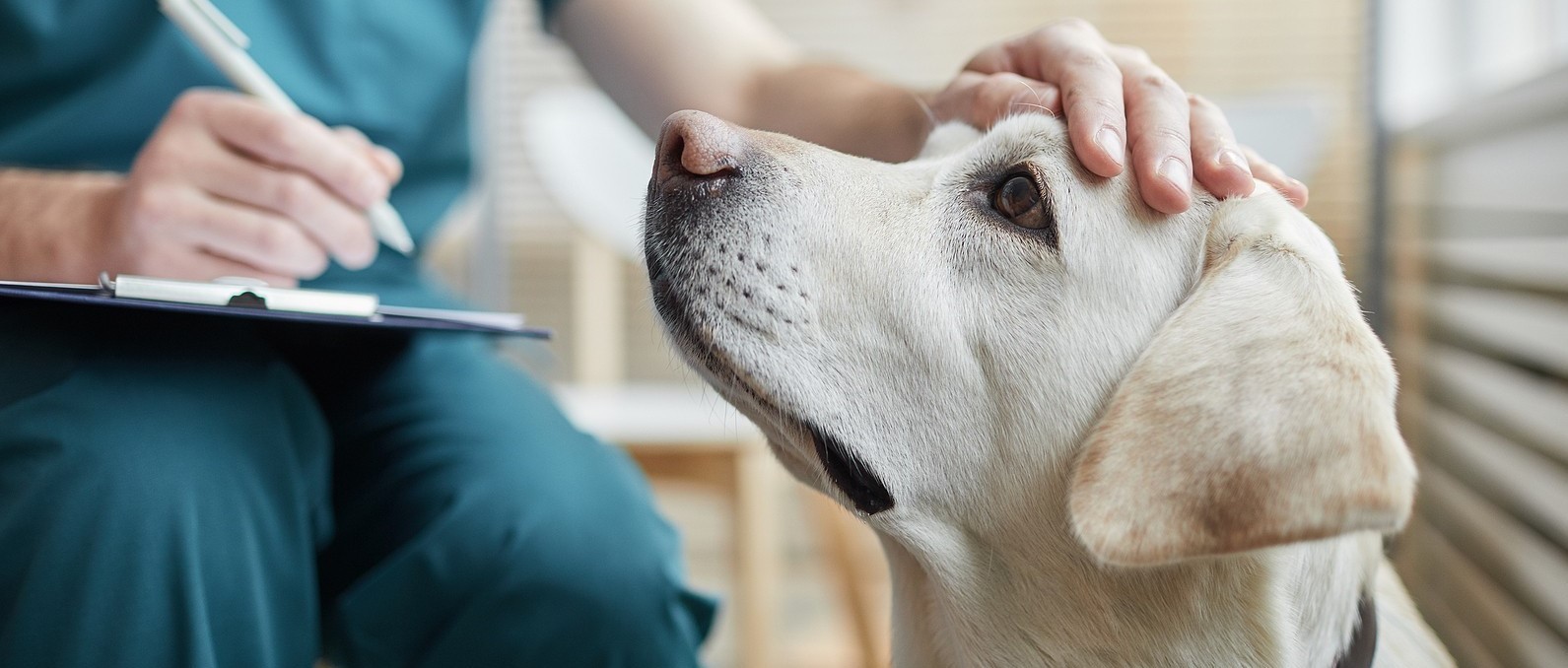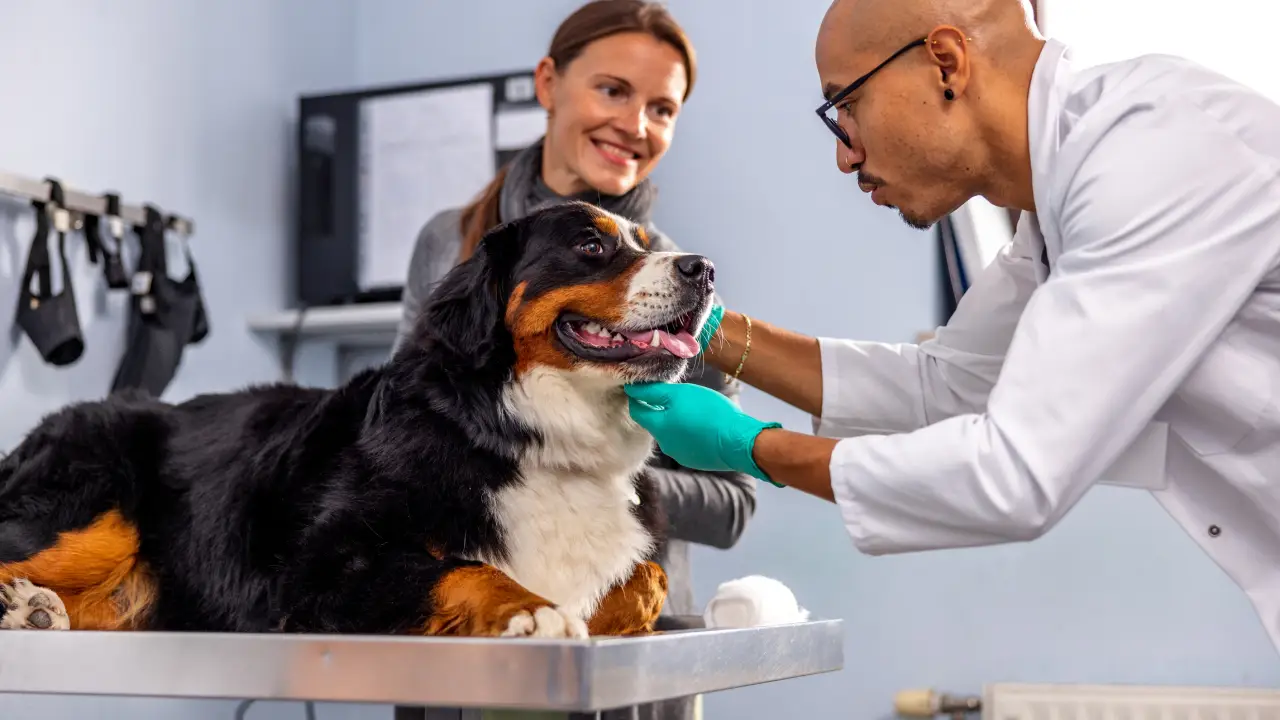Pet ownership brings joy, companionship, and a sense of family. But it also comes with responsibility—including the financial responsibility of keeping your pet healthy. Investing in pet insurance is one of the most effective strategies for managing veterinary expenses and ensuring that your pet receives appropriate care.
In this article, we’ll explore what pet insurance is, the types available, what it typically covers, and the benefits it offers to pet owners.
What Is Pet Insurance?
Pet insurance is a type of health policy designed to assist with the expenses of veterinary care for your animal companions.
Most pet insurance plans are designed for dogs and cats, though some companies also offer coverage for exotic pets like rabbits, birds, and reptiles.

Types of Pet Insurance
Pet insurance policies generally fall into three categories:
1. Accident-Only Coverage
This is the most basic and affordable type of policy. It covers treatment for injuries resulting from accidents, such as broken bones, swallowed objects, or car accidents.
2. Accident and Illness Coverage
This is considered the most preferred category of pet insurance. It covers both accidents and illnesses, including chronic conditions (like diabetes), infections, cancer, and hereditary diseases.
3. Comprehensive (Wellness) Coverage
Comprehensive plans include accident and illness coverage, plus routine care like vaccinations, annual check-ups, dental cleanings, flea and tick prevention, and spaying or neutering.
What Pet Insurance Typically Covers
While coverage can vary by provider, here’s what most standard policies include:
Emergency visits and surgeries
Hospitalization
Diagnostic tests (e.g., X-rays, MRIs, bloodwork)
Prescription medications
Chronic conditions
Hereditary and congenital conditions (with some restrictions)
Cancer treatment
Specialist care and alternative therapies (e.g., acupuncture)
Routine wellness care is usually not included in basic plans unless you choose a comprehensive or add-on package.
Key Benefits of Pet Insurance
1. Financial Protection
Veterinary costs can add up quickly, especially in emergencies. By obtaining pet insurance, you can minimize your personal expenses, ensuring a sense of security.
2. Access to Better Care
With insurance, you’re more likely to choose the best treatment option without being constrained by costs. This can lead to faster diagnoses, better outcomes, and a longer, healthier life for your pet.
3. Emergency Preparedness
Incidents and abrupt medical conditions can take place unexpectedly. Insurance ensures you’re financially prepared to act quickly without delay.
4. Budget-Friendly Options
Pet insurance lets you plan for pet health expenses through regular premiums, rather than facing large, unexpected bills.
5. Coverage for Chronic and Hereditary Conditions
A significant number of pets may acquire long-lasting ailments that demand persistent attention. Some plans provide lifelong coverage for conditions diagnosed while the policy is active.
What to Consider Before Buying
When choosing a pet insurance policy, consider:
Monthly premium: What you’ll pay regularly
Deductible: The total you are responsible for before the insurance policy takes effect.
Reimbursement rate: Percentage of the vet bill the insurer covers
Coverage limits: Annual, lifetime, or per-condition caps
Exclusions: Pre-existing conditions are typically not covered
Compare different providers, read reviews, and check what’s included in each plan.

Is Pet Insurance Worth It?
For many pet owners, the answer is yes—especially if their pets are young, active, or prone to genetic conditions. While it might seem like an extra expense upfront, pet insurance can save thousands of dollars over a pet’s lifetime and ensure your furry friend receives the best possible care.
Final Thoughts
Pets are beloved members of the family, and like any family member, their health and well-being are priceless. Pet insurance provides reassurance, financial stability, and improved access to quality veterinary services. By choosing the right plan, you’re not only protecting your finances but also giving your pet the best shot at a happy, healthy life.
